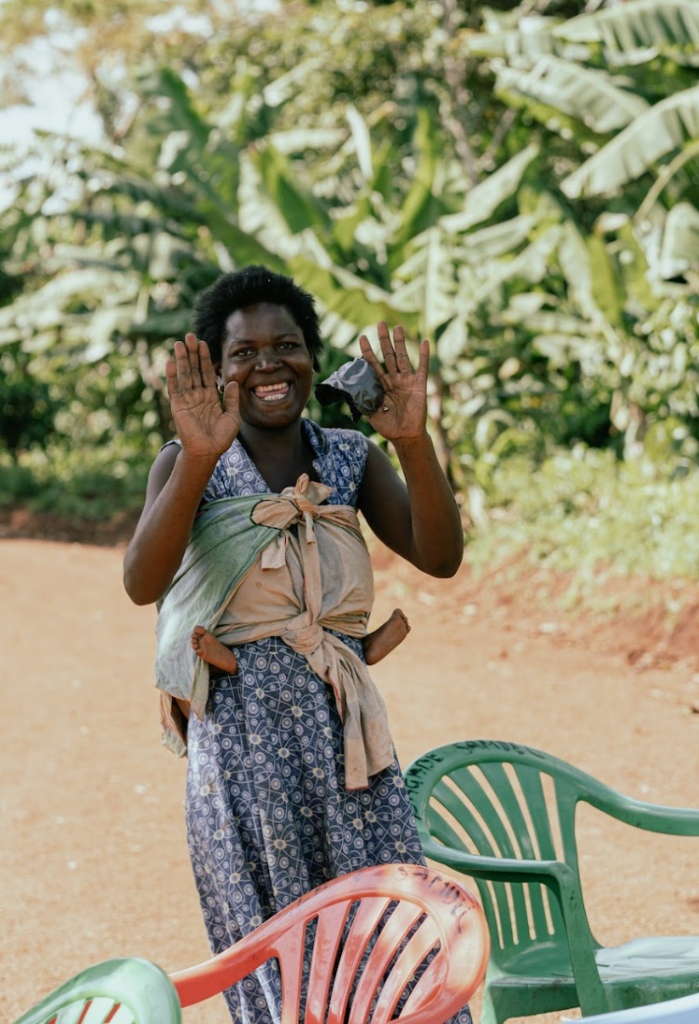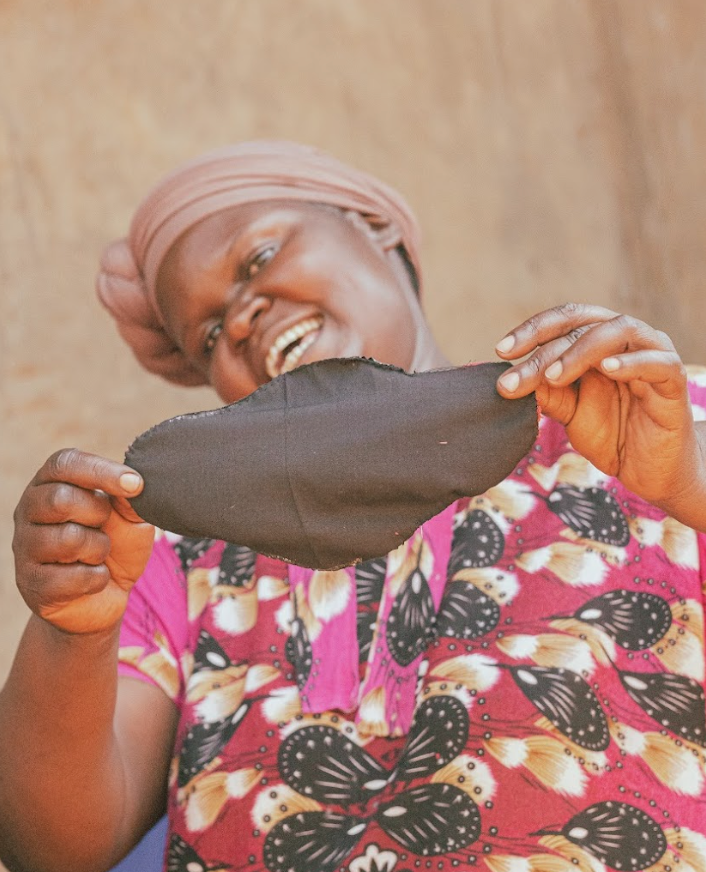On our second visit to Uganda we arranged a workshop to teach our women how to produce reusable sanitary pads!
Many women and children everyday lives are interrupted due to their periods. Girls often have to skip school because families can’t afford sanitary pads.
To solve this issue in a sustainable and environmentally friendly way, we arranged a workshop and taught are women how to make their own reusable pads. The process involves stitching a waterproof fabric onto the bottom of an absorbent material such as a piece of towel.
More than 20 women from the area and nearby town attended the workshop, expressing their gratitude for this knowledge. One woman had this to say:
“I am so happy that I can now just make these pads at my free time and help many young girls to stay in school.”
We want to send a big thanks Rocking Undies for sharing their knowledge! More information can be found at: https://www.rockingundies.com/en
A study conducted by the European Journal of Public health in the rural area of Bududa, Uganda, found that:
- “A lack of sanitation products, subpar education and stigma contribute to period poverty in Uganda and negatively impact female education with menstruating students missing up to 18% of a school year.
- An intervention programme incorporating access to sanitation products alongside education is recommended to tackle period poverty in this population and improve women’s health and female education.”
With these workshops and our plans to host education events focusing on women’s health and family planning, we are already contributing to the kind of intervention programmes that researchers have concluded are so desperately needed.
“The one who gives you knowledge is better than the one who gives you food.”
More information on the issue and research can be found at:



